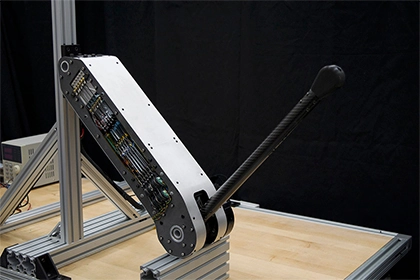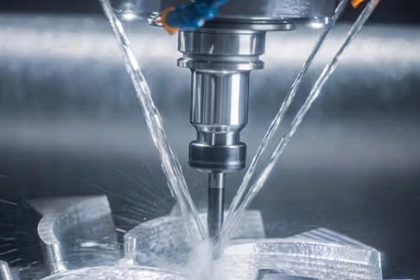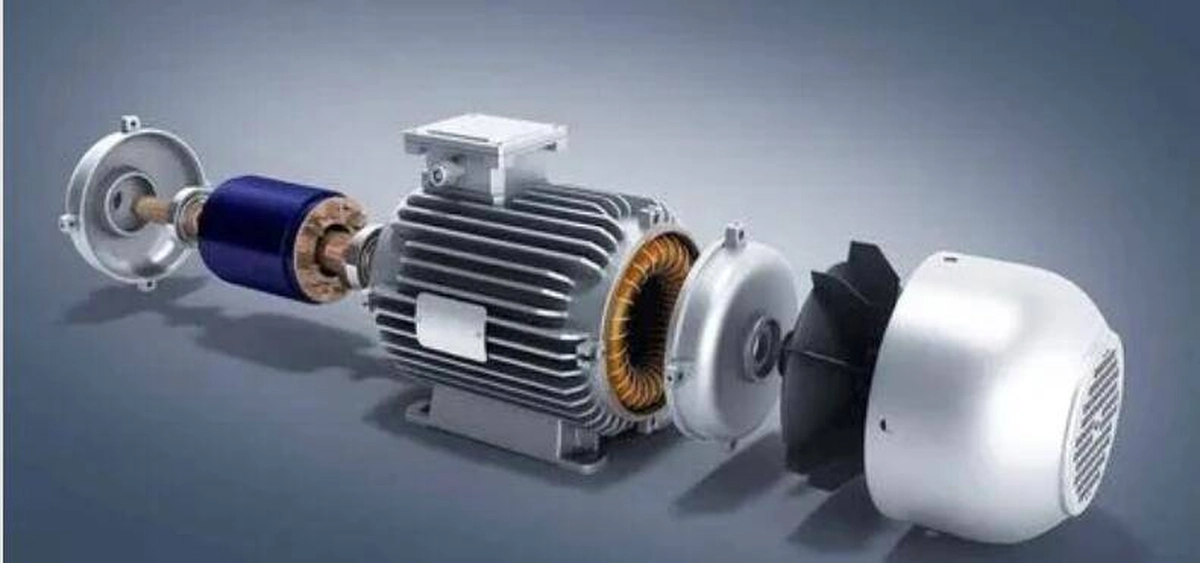- +86 19149417743
- Zhengzhou, Henan Province, China
- Mon-fri: 8am - 7pm
Get a quote

Motors are essential components in various industries and applications, providing the mechanical power required for a wide range of tasks. When it comes to motor selection, understanding the different types available and their respective applications is crucial. In this article, we will explore the most commonly used type of motor, examining its characteristics, advantages, and widespread applications. This treatise shall elucidate to you the motor type most commonly utilized by machines in modern society—the induction motor.
Before identifying the most commonly used motor, it is important to familiarize ourselves with the various motor types available. Motors can be broadly classified into two categories: AC (alternating current) motors and DC motors.
AC motors are designed to operate on AC power, which is the prevailing power source in most residential, commercial, and industrial environments. AC motors include various types such as induction motors, synchronous motors, and shaded-pole motors. Each type has its unique characteristics and applications, but one particular AC motor stands out as the most commonly used.
DC motors, as the name suggests, operate on direct current. They are commonly used in applications where precise speed control and high torque performance are required. DC motors can be further categorized into brushed DC motors and brushless DC motors, each with its own advantages and applications.
Among the different types of motors, the induction motor emerges as the most commonly used motor in various industries. Let's explore its characteristics, advantages, and applications.
Induction motors find extensive applications across various industries, including:
When it comes to the most commonly used motor, most people's answer is always the induction motor. This is because the robust design, low maintenance requirements, cost-effectiveness, and high efficiency of induction motors make them the preferred choice for a wide range of industries.
 2024-08-30 16:01:40
Engineering
2024-08-30 16:01:40
Engineering
 2024-07-26 14:09:13
Engineering
2024-07-26 14:09:13
Engineering
 2024-07-18 09:42:00
Engineering
2024-07-18 09:42:00
Engineering